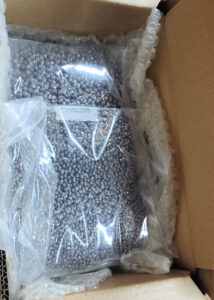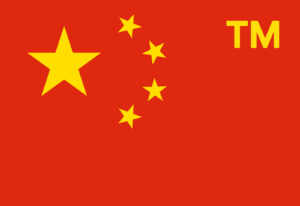The Frustrating Reality of International Manufacturing Disputes (and How to Avoid Them)
Hardly a week goes by at my law firm where one of our international litigation lawyers does not get a call or an e-mail from a company exploring its options for pursuing its overseas manufacturer (usually based in China, but not always) for a bad product shipment or for no shipment at all. Each time, we patiently explain the costs and the hassles of litigating in a foreign court (or any court, for that matter), and almost every time, the company that contacted us rightfully concludes that it does not make sense to sue.
Though litigation can be a necessary recourse in some cases, it’s often a frustrating and expensive option, especially when dealing with international manufacturers. The good news is that many of these situations can be relatively easily and inexpensively prevented with careful planning and proactive measures.
The Key to Avoiding International Manufacturing Disputes: Proactive Protection
I find it frustrating that these situations are always occurring when the following can usually so easily prevent them:
Know Your Manufacturer: Conduct Due Diligence
It is important that you have someone conduct at least basic due diligence on your proposed manufacturer. This basic due diligence ought to tell you whether the manufacturer actually still exists (definitely not a given these days with the economy at such a low point), whether it is properly registered and licensed to do the sort of business for which you will be paying it, and a bit about its financial standing and its reputation. Our international manufacturing lawyers have seen far too many times where companies have ordered and paid for product only to later learn that the “company” from which they bought the product does not really exist or is not licensed to make it or is just a really bad or disreputable company. It is not uncommon for our international litigation team to research a matter and determine that it has been tasked with trying to recoup money for product that was never delivered by a company that never really existed. Do not let this happen to you!
Use a Watertight Contract
In particular, use a contract that details your product’s quality requirements and clearly sets out how disputes will be resolved. For what constitutes a good overseas manufacturing contract, check out Overseas Manufacturing Contracts (OEM, CM and ODM). In many countries, agreement based on a purchase order and an invoice will not work.
Quality Assurance: Pre-Payment Inspections
Have the product inspected before you pay for it. I realize it is the rare manufacturer that will ship your product before you pay, but if the manufacturer will not let you inspect before the product ships, that is not a manufacturer with which you want to be doing business. There are excellent services around the world that can do this for you very inexpensively on a contract basis.
Protect Your Intellectual Property
There are many other things smart companies do to protect themselves when using manufacturers overseas.Of course, there will always be situations where unforeseen issues arise and legal guidance may be necessary. However, by following these recommendations, companies can approach overseas manufacturing with greater confidence and minimize the potential for disputes.There are many other things smart companies do to protect themselves when using manufacturers overseas.
They protect their intellectual property (IP) with NNN Agreements and/or Product Development Agreements and they protect their brand name by registering their trademarks early. Companies that conduct due diligence on their manufacturers, use good contracts written for the country from which they are buying, conduct inspections of their product, and do what it takes to protect their IP stand a great chance of never being subjected to a lawyer lecturing them on the difficulties and costs of pursuing international litigation.
Building a Strong Foundation for Successful Overseas Manufacturing
By taking these proactive steps, companies can build a strong foundation for successful overseas manufacturing relationships. Avoiding international litigation altogether is ideal, and these measures can significantly reduce the risk of ending up in court.

























